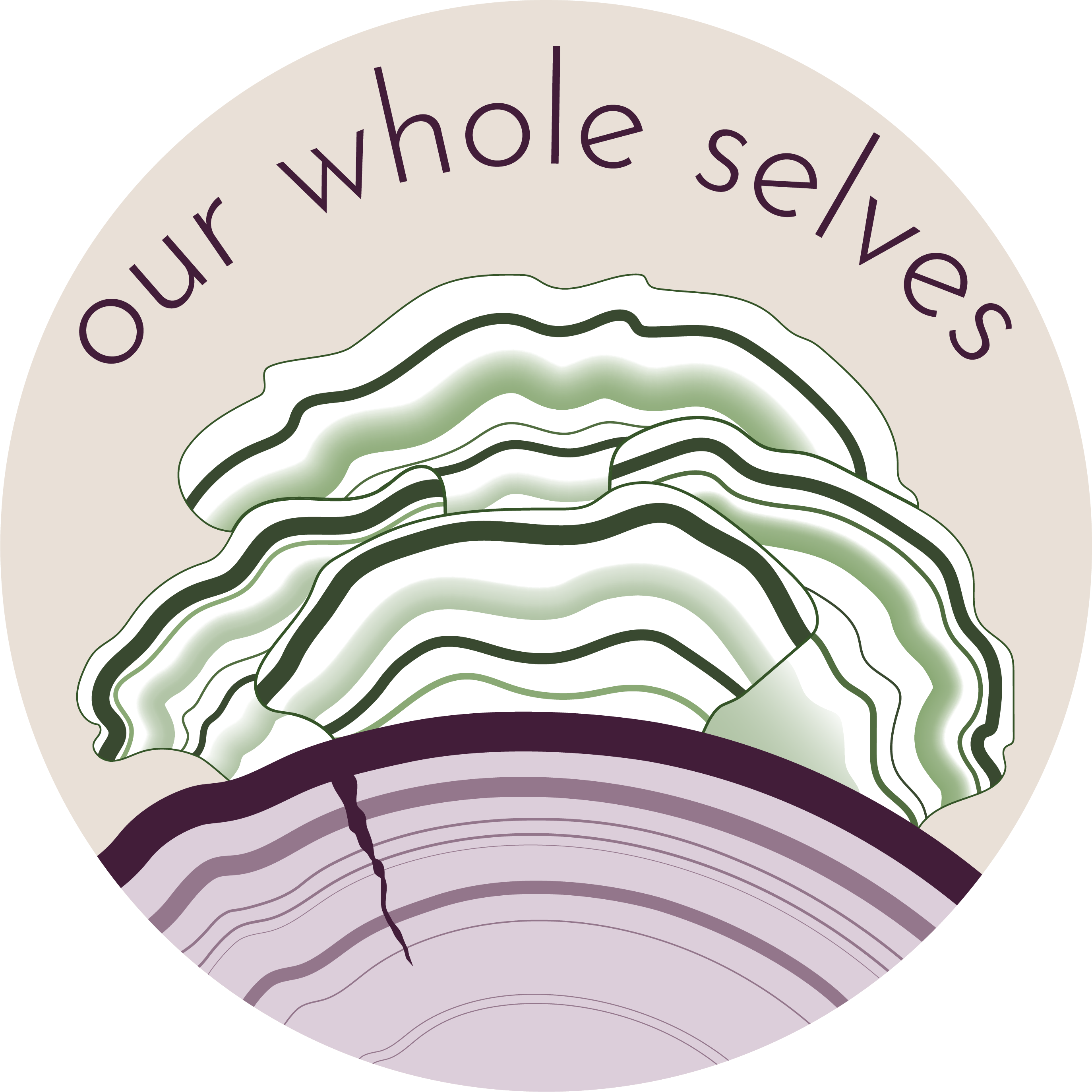Is what we discuss in therapy confidential?
What is discussed in therapy and the fact that you are seeing a therapist are strictly confidential. The exceptions are cases in which there is suspected abuse of a child, elder, or dependent adult as well as when there is a perceived threat of harm to oneself or others.
Is therapy only for rich white people?
No. While psychotherapy has historically been dominated by white men and attracted well-off white clients, more people of color are both seeking therapy and becoming therapists. Therapists are finding ways to integrate oppressed communities’ long-held traditions of care with psychotherapy and make it more accessible.
Everyone deserves to get the help they need. We are one of many private therapy practices who offer sliding scale fees. Open Path Collective is a network of therapists who offer $30-80 sessions. There are also a variety of identity-based resources, including the The National Queer and Trans Therapists Network.
Is therapy only for people who are “sick”?
No. Therapy is for anyone who is open to it, from those who are experiencing a significant struggle to those who feel well and want extra support. It’s a myth that therapy is for people who are “sick” or “crazy.” We all experience difficulties in life. People helping one another is part of what it means to be human, and help can come in many forms, including talking to a therapist.
What is the difference between an LCSW, LMFT, psychologist, psychiatrist, and other types of mental health professionals and healers?
LCSWs (licensed clinical social workers), LMFTs (licensed marriage and family therapists), psychologists, and psychiatrists are all trained and licensed to provide mental health services (i.e., psychotherapy). In fact, LCSWs constitute the greatest proportion of mental health providers in the US. LCSWs and LMFTs can be found in many of the same roles and settings, with some differences (detailed in this article).
Psychiatrists receive medical training and are able to prescribe medications. Those who take medication for mental health issues often work with both a psychiatrist and a therapist. Psychologists are another type of professional who receive further training and can provide services such as psychological testing.
There are other types of professionals who have specific focuses, such as school counselors and rehabilitation counselors. Many agencies also have case managers, who often work with mental health professionals to help people obtain needed resources in the community.
There is also an array of community healers and helpers, including life coaches and doulas for all types of transitions, who may or may not engage with state licensing bodies.
While there are cases in which the type of professional you see is significant, it is often more important that you find someone that you feel comfortable with and connect with. Clients often work with multiple healers or professionals, and can request that their healers collaborate to varying degrees in their care.
